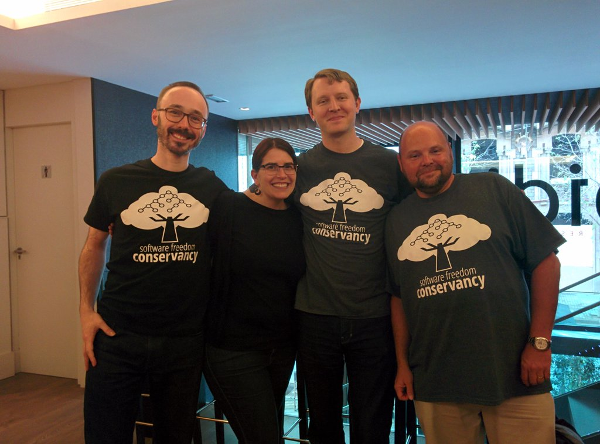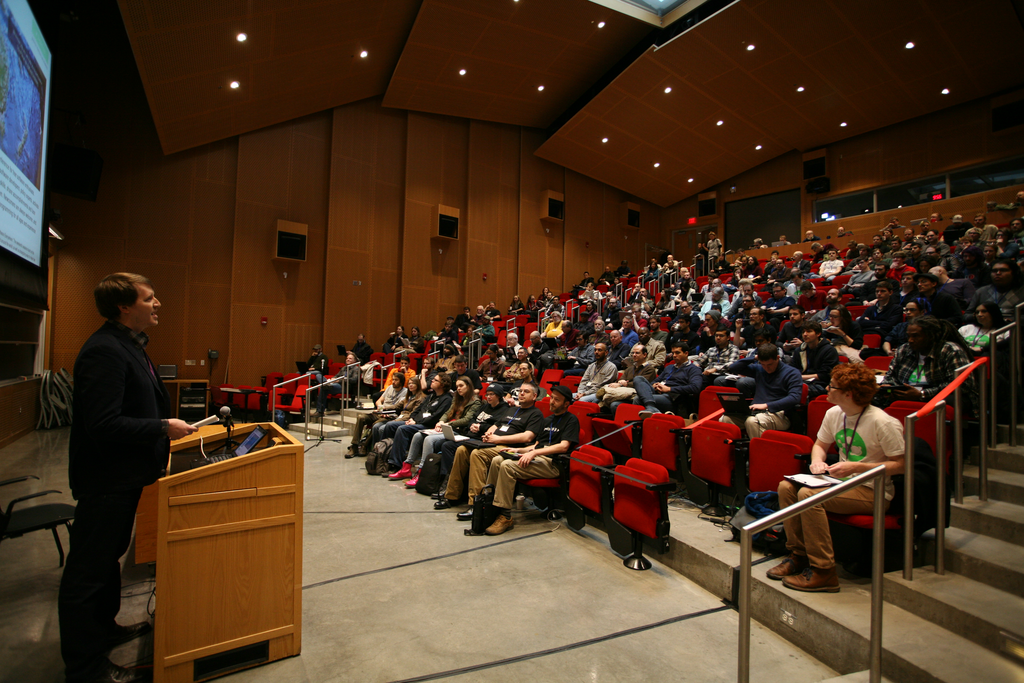Shining a spotlight on free software: the FSF's Licensing & Compliance Lab's interview series
lundi 28 décembre 2015 à 18:10In August of 2012, the Licensing & Compliance Lab kicked off a series of interviews with developers of free software. These interviews were a chance to highlight cool free software projects, especially those using copyleft licenses, and learn more about why they are dedicated to free software. What started as a single interview has grown into a regular feature of the Licensing & Compliance Lab blog. With 2015 in the rear-view mirror, we take a moment to look back on the series and highlight these great projects once again.
All of the packages featured here are licensed under either the GNU GPL or AGPL. Each interview looks into the history of the package to understand why it was created and why a copyleft license was chosen.
Michael Lissner and Brian Carver of RECAP The Law 2015-10-30
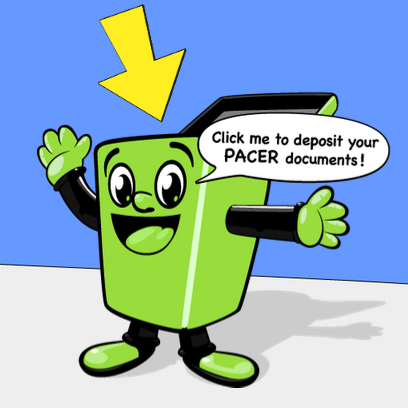
RECAP is a suite of browser extensions that improves the experience of using PACER, the electronic public access system for the U.S. Federal Courts. When you pay for documents on PACER, RECAP helps you give back by contributing those documents to a public archive hosted by the Internet Archive. RECAP also saves you money when you use PACER by showing you when documents are available at no cost from the Archive. If you use PACER you should install RECAP to save money and contribute to the public archive. Michael Lissner is a developer and Brian Carver is an attorney; both are members of Free Law Project's Board of Directors.
Read the full interview here.
Joël Krähemann, maintainer of Advanced GTK+ Sequencer 2015-7-8
In this edition, we conducted an IRC-based interview with Joël Krähemann, Maintainer of Advanced GTK+ Sequencer. Joël is an IT professional in Switzerland and works on music for fun. Advanced GTK+ Sequencer (AGS) is a an audio processing and composition tool.
Read the full interview here.
François Marier of Libravatar 2015-6-1
In this edition, we conducted an email-based interview with François Marier, a free software developer from New Zealand. He is the lead developer of Libravatar. In addition to his passion for decentralization, he contributes to the Debian GNU/Linux project and volunteers on the FSF licensing team. Libravatar is a free network service providing profile photos for a number of Web sites, including bugs.debian.org and git.kernel.org. Its flexible architecture allows end users to host their own images and allows Web sites to use Gravatar as a fallback when necessary. It is licensed under the GNU Affero General Public License version 3, or end users can opt for any later version (GNU AGPLv3+).
Read the full interview here.
Matt Lee from The List powered by Creative Commons 2015-4-16
We conducted an email-based interview with Matt Lee, a lead developer of The List, which is licensed under the AGPLv3, or at your option, any later version. Matt is the technical lead at Creative Commons. Matt has been working in free software for over a decade and is a notable contributor to the GNU Project, a former campaigns manager at the Free Software Foundation, and co-founder of Libre.fm and GNU social. Currently Matt is producing a film, Orang-U: An Ape Goes to College, which he is editing using entirely free software and will release under a CC BY-SA license.
Read the full interview here.
Rainey Reitman of the Electronic Frontier Foundation 2015-2-11
We conducted an email-based interview with Rainey Reitman, Activism Director for the Electronic Frontier Foundation, about their new EFF Alerts mobile app.
Read the full interview here.
Aaron Wolf of Snowdrift.coop 2014-12-29
Aaron Wolf is the co-founder of Snowdrift.coop, a web platform coordinating patronage specifically for freely-licensed works. Aaron Wolf is a music teacher by trade who got involved in the free software movement in 2012 building on his earlier interest in free culture and cooperative economics.
Read the full interview here.
Jessica Tallon of PyPump 2014-10-30
In this edition, we conducted an email-based interview with Jessica Tallon, the lead developer PyPump, a simple but powerful and pythonic way of interfacing with the pump.io API, which is licensed under the terms of the GPLv3 or, at your option, any later version.
Read the full interview here.
Alan Reiner of Bitcoin Armory 2014-9-26

Alan Reiner is a core developer of Bitcoin Armory, a bitcoin wallet focused on security. Bitcoin Armory is licensed under the terms of AGPLv3, or (at your option) any later version.
Read the full interview here.
Stephen H. Dawson of GNU remotecontrol 2014-9-5

We conducted an email-based interview with Stephen H. Dawson and the rest of the GNU remotecontrol project, a web application for managing building automation devices. Stephen is the maintainer of the GNU remotecontrol software project and is an Information Technology Management professional with over twenty-five years of industry experience in various areas of application development, database management, and networking.
Read the full interview here.
David Lohle of Tox 2015-7-21

In this edition, we conducted an email-based interview with David Lohle from the Tox project, an all-in-one communication platform and protocol that ensures users full privacy and secure message delivery. The Tox core library is licensed under the terms of GPLv3, or (at your option) any later version. The library implements the Tox protocol and provides an API for clients, such as Venom and Toxic.
Read the full interview here.
Ciaran Gultnieks of F-Droid 2014-5-8
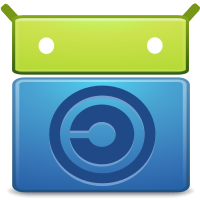
Ciaran Gultnieks is the founder of F-Droid project and the lead developer of fdroidserver, which is licensed under the AGPLv3 (or any later version).
The main function of the fdroidserver is to provide the back-end tools for managing a repository of applications — building them from source (very important) in a secure environment, indexing them, signing them, and providing the mechanisms for delivering this data to the end user.
Read the full interview here.
Roman Telezhinsky of Valentina 2014-3-19
In this edition, we conducted an email-based interview with Roman Telezhinsky, the lead developer of Valentina, a free software pattern-making program, which is licensed under the GPLv3 (or any later version).
Read the full interview here.
Joerg Henrichs of SuperTuxKart 2014-1-30
We conducted an email-based interview with Joerg Henrichs, the lead developer of SuperTuxKart, a free software 3D kart racing game, which is licensed under the GPLv3 (or any later version).
Read the full interview here.
Frank Karlitschek of ownCloud 2013-12-20
In this edition, we conducted an email-based interview with Frank Karlitschek, the lead developer of ownCloud, a server software project that provides universal access to your files via the Web, your computer, or your mobile devices — wherever you are. It also provides a platform to easily view and sync your contacts, calendars, and bookmarks across all your devices and enables basic editing right on the Web. It is licensed under the AGPLv3, or at your option, any later version. (A note on framing: While we believe that "cloud computing" is a vacuous term that should be avoided, we still greatly appreciate the ownCloud project and its aims, even if we might have chosen a different name for the software.)
Read the full interview here.
Andrew Ziem of BleachBit 2013-10-29
Andrew Ziem is the lead developer of BleachBit -- free software designed to help you free disk space and guard your privacy.
Read the full interview here.
Caleb James DeLisle of cjdns 2014-9-25
In this edition, we conducted an email-based interview with Caleb James DeLisle, the lead developer of cjdns, an encrypted IPv6 networking protocol and server software that uses public key cryptography for address allocation and a distributed hash table for routing.
Read the full interview here.
Bernd Kreuss of TorChat 2013-8-26
In this edition, we conducted an email-based interview with Bernd Kreuss, the developer of TorChat, a peer-to-peer instant messenger with a completely decentralized design.
Read the full interview here.
Shiv Shankar Dayal of Kunjika 2013-7-19
In this edition, we conducted an email-based interview with Shiv Shankar Dayal, the developer of Kunjika, an extensible web-based Q&A system.
Read the full interview here.
Adam Hyde of Booktype 2013-3-21
We interviewed Adam Hyde via email. Adam is a knowledge production consultant. He is the founder of Booktype -- a book production platform released under AGPLv3, as well as Book Sprints, and FLOSS Manuals. Adam lives between Whangarei Heads, New Zealand, Berlin, and the road.
Read the full interview here.
Matthieu Aubry of Piwik 2013-1-22

In this installment, we interviewed (via email) Matthieu Aubry, the maintainer of Piwik, a freely licensed web analytics package. The FSF encourages people to use Piwik as a replacement for Google Analytics, since Google Analytics requires nonfree JavaScript to run in visitors' browsers, and to be careful with Piwik's privacy settings to make sure that visitor IP addresses and other identifiable bits of information are not recorded.
Read the full interview here.
Kovid Goyal of Calibre 2012-12-13
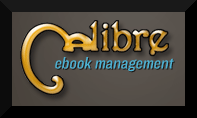
Calibre is a free ebook library management application developed by users of ebooks for users of ebooks. Calibre is a vibrant community with half-a-dozen developers and many, many testers and bug reporters. It is used in over 200 countries and has been translated into a dozen different languages by volunteers. Calibre has become a comprehensive tool for the management of digital texts, allowing you to do whatever you could possibly imagine with your ebook library. In this installment, we interviewed Kovid Goyal, the creator and lead developer of calibre, via email.
Read the full interview here.
Jeremy Allison on why Samba switched to GPLv3 2012-10-30
Jeremy Allison is a long-time free software advocate and a lead developer of Samba. He has given a talk on why Samba chose the GPLv3 on several occasions, and we wanted to highlight that talk again as part of our series.
Read the full interview here.
John W. Eaton of GNU Octave 2012-8-31
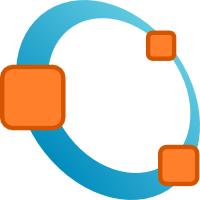
GNU Octave is a high-level interpreted language, primarily intended for numerical computations. It provides capabilities for the numerical solution of linear and nonlinear problems, and for performing other numerical experiments. It also provides extensive graphics capabilities for data visualization and manipulation. Octave is normally used through its interactive command line interface, but it can also be used to write non-interactive programs. The Octave language is quite similar to Matlab so that most programs are easily portable.
One of the goals of the Octave project is to liberate the code written for the proprietary program, Matlab, and allow it to run in Octave with as little modification as possible. We interviewed John W. Eaton of the GNU Octave project.
Read the full interview here.
